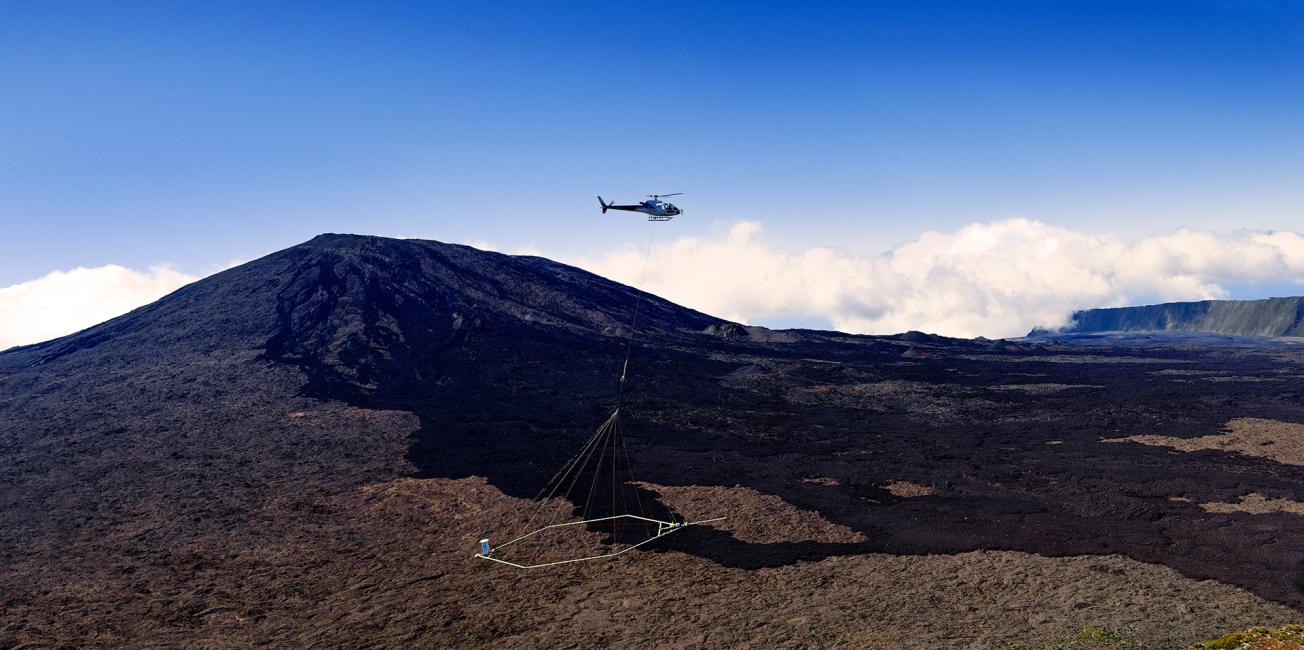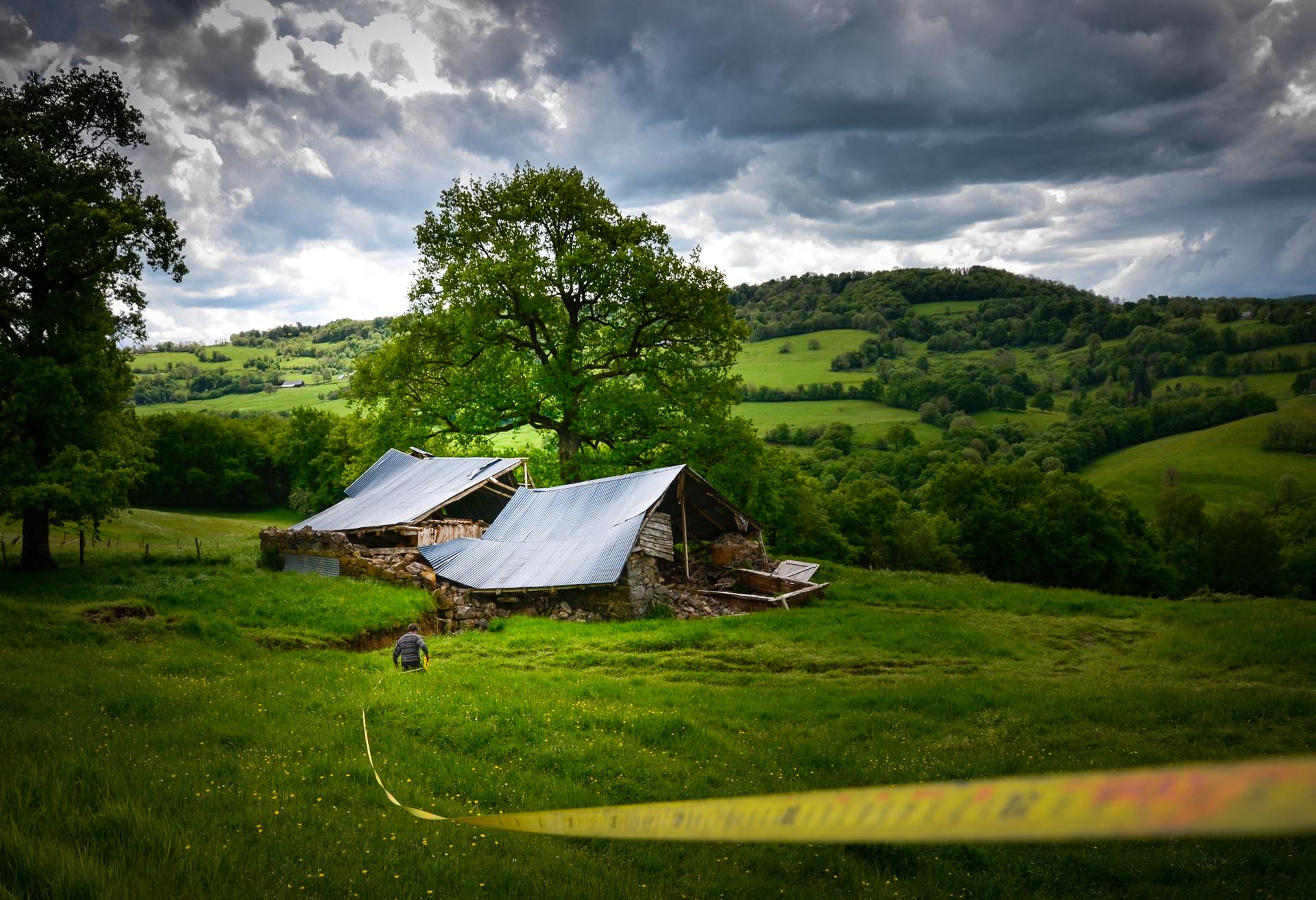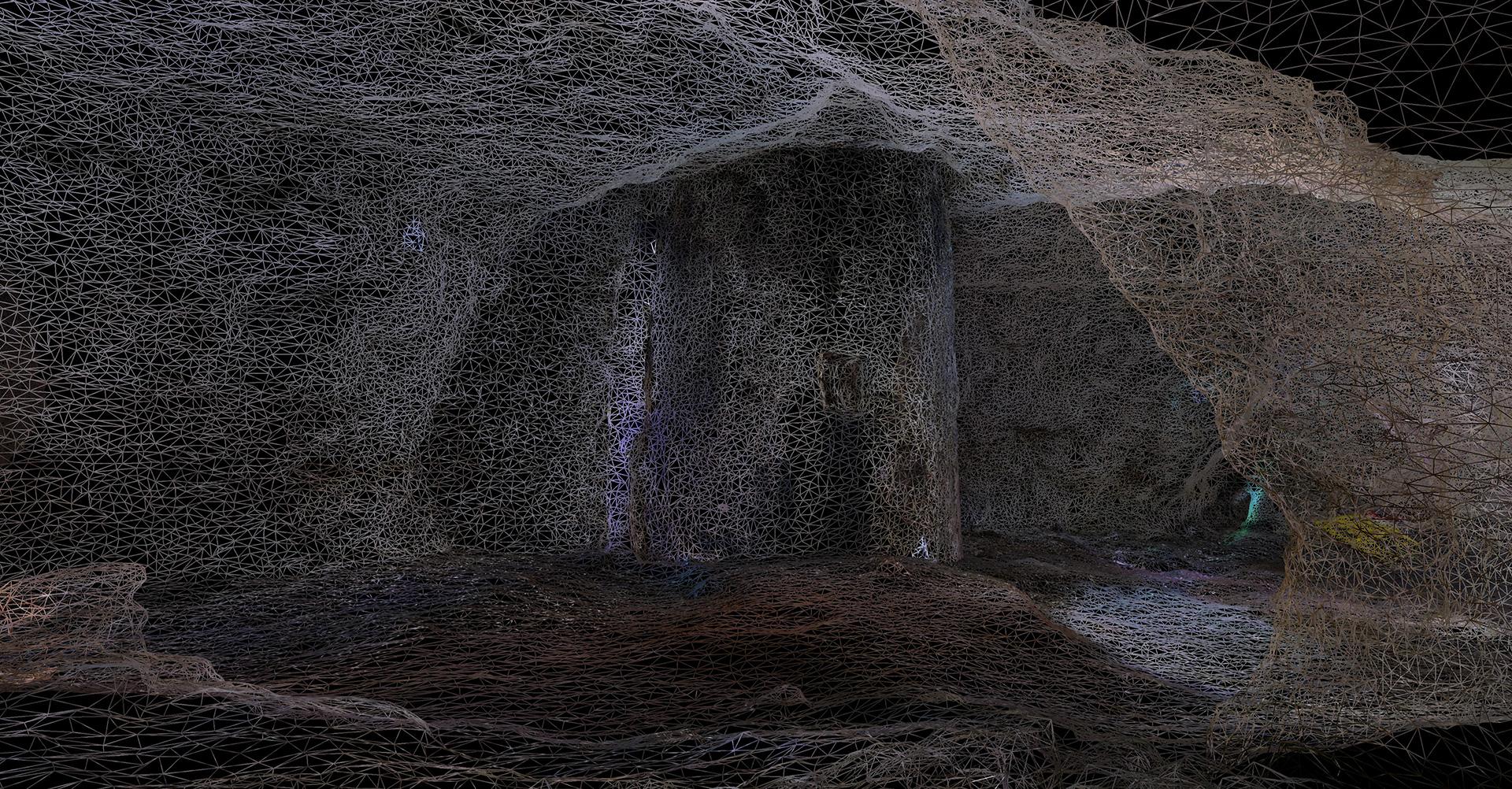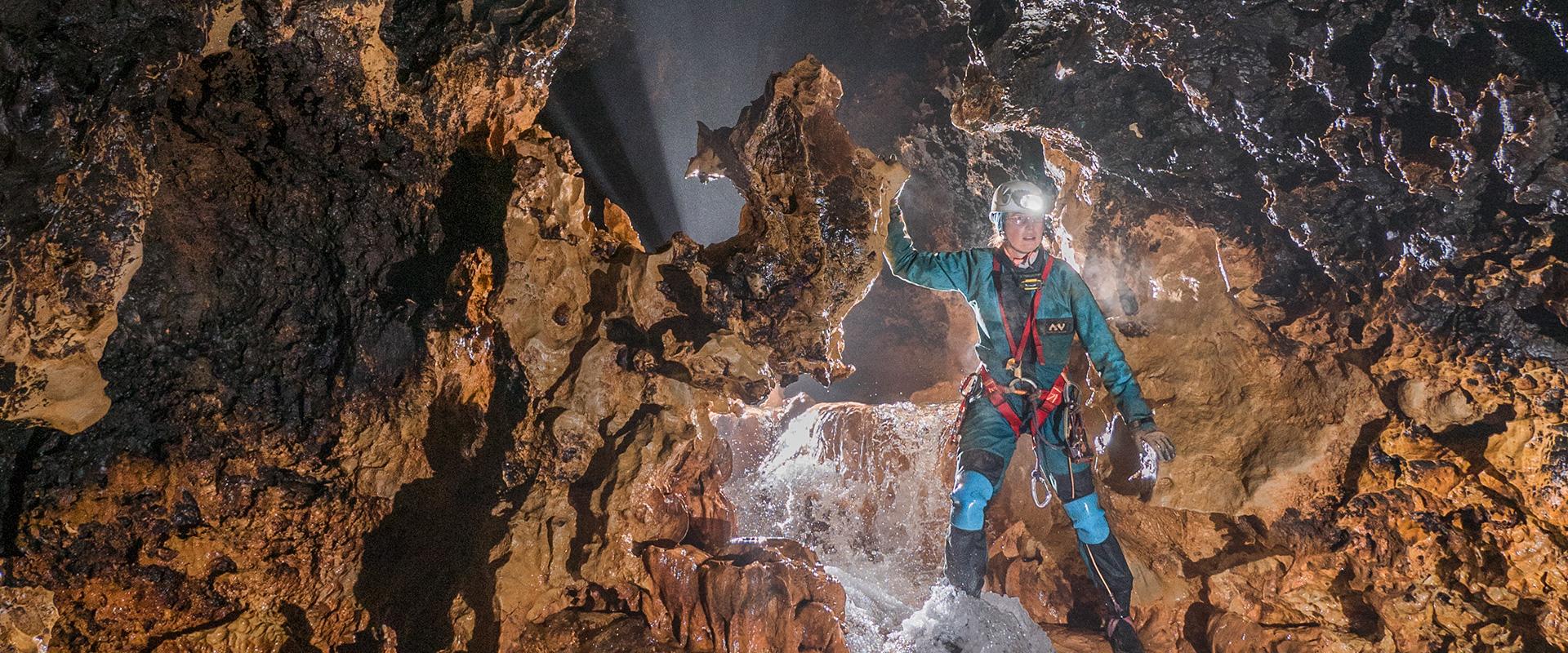
Heliborne geophysical survey of La Réunion.
© BRGM - René Carayol
On 18 July 2022, the Ministry of Higher Education and Research (MESR) and the Secretary General for Investment (SGPI) announced the selection of the second wave of exploratory Priority Research and Equipment Programmes (exploratory PEPRs), run by the French National Research Agency (ANR). BRGM has been chosen as co-leader of two new programmes – one dedicated to future uses of the subsurface (SOUSSOL) and the other to natural and technological risks (IRiMa).
BRGM is jointly running three exploratory PEPRs
These two exploratory PEPRs supported as part of France 2030 are supplementing the OneWater programme on water management awarded in 2021. BRGM's role as co-leader of these three programmes, which together account for nearly €176 million, shows that the need to better manage the subsurface, its uses, its resources and the related risks is increasingly being taken into account in R&D strategies.

Key figures
-
SOUSSOL programme71.40million euros over 7 years
-
IRiMa programme51.90million euros over 8 years
-
OneWater programme53.00million euros over 10 years
The SOUSSOL (Subsurface as a common good) programme to improve knowledge of the French subsurface
The SOUSSOL (Subsurface as a common good) PEPR aims to improve knowledge of the French subsurface at a time when there is a growing need to better understand its resources and manage conflicts over its use. The partners of this research programme led jointly by BRGM and CNRS include 35 institutions and laboratories. The programme has a budget of €71.4 million and is expected to run over a period of seven years.
The subsurface world is at the heart of energy transition issues such as the search for new mineral resources essential for low-carbon technologies, use of the subsurface's geothermal potential to replace gas heating, and the geological storage of heat, cold and gas (CO2, hydrogen, etc.). The sustainable use of the subsurface is posing multiple challenges. Moreover, urban densification is requiring that the subsurface be further taken into account in development strategies, for example for the construction of the future Grand Paris Express metro, the largest infrastructure project in Europe, to which BRGM is contributing its geological knowledge.
In order to achieve these objectives, researchers from various fields are going to work together in a few major areas of national interest in order to improve knowledge of the subsurface and jointly develop usage scenarios and model their impact with various stakeholders. One part of the programme will focus on governance and legal tools associated with multiple uses of the subsurface.
The IRiMa programme to structure and reinforce the science of risk in France
The IRiMa (Integrated risk management for more resilient societies in an era of global change) PEPR will be jointly led by BRGM, CNRS and Grenoble-Alpes University for a period of eight years. Its partners include over 30 institutions and laboratories. This programme aims to structure and reinforce the science of risk in France. It intends to integrate knowledge from the fields of geosciences, engineering, biology, digital technology and social sciences to take a systemic approach to the management of natural and technological risks. It will propose new innovative tools to better detect, understand, quantify, anticipate and manage risks and disasters. The issue of cascade effects combining natural, environmental, technological, health and biological risks will be studied in particular. This exploratory PEPR has a budget of €51.9 million.
OneWater: an ongoing PEPR on water, jointly led by BRGM
The OneWater-Eau Bien Commun (Water as a common good) programme, run jointly by BRGM with CNRS and INRAE, is one of the exploratory PEPRs selected by the Government in the first round of the France 2030 call for projects for "Priority Research Programmes and Equipment". It was launched on 16 March 2022. With a budget of €53 million over a 10-year period, this programme aims to change the paradigm by having water recognised as a common good, a central element of socio-ecosystems that are subject to climatic and anthropic forcing.
Exploratory PEPRs: structuring research around emerging fields of interest
Developed as part of the France 2030 plan intended to boost research and innovation, the exploratory PEPRs target scientific and technological sectors considered as emerging, for which the French State is seeking to structure the community of researchers.
Each exploratory PEPR has been selected by an international jury as part of a call issued by the French National Research Agency (ANR). The co-leaders of the SOUSSOL PEPR are Pierre Nehlig (BRGM), Olivier Vidal (CNRS) and Xavier Arnaud de Sartre (CNRS). The co-leaders of the IRiMa PEPR are Gilles Grandjean (BRGM), Prof Didier Georges (Grenoble-Alpes University) and Prof Soraya Boudia (Paris Cité University).

Together with its partners (CNRS, INRAE and UGA), BRGM submitted three PEPR proposals that were all selected by the international jury and the French State following the first two phases of the call. For the institution, this is a real source of pride as it recognises the scientific structuring work that has been undertaken; it is also a great responsibility with regard to the scientific community. The themes of water, mineral resources, subsurface uses and risks are now central to the scientific strategy that BRGM has implemented since 2018; they will allow it to strengthen its ability to lead the geosciences community in France, alongside CNRS, INRAE and BRGM's academic partners.
To find out more
Press contact








